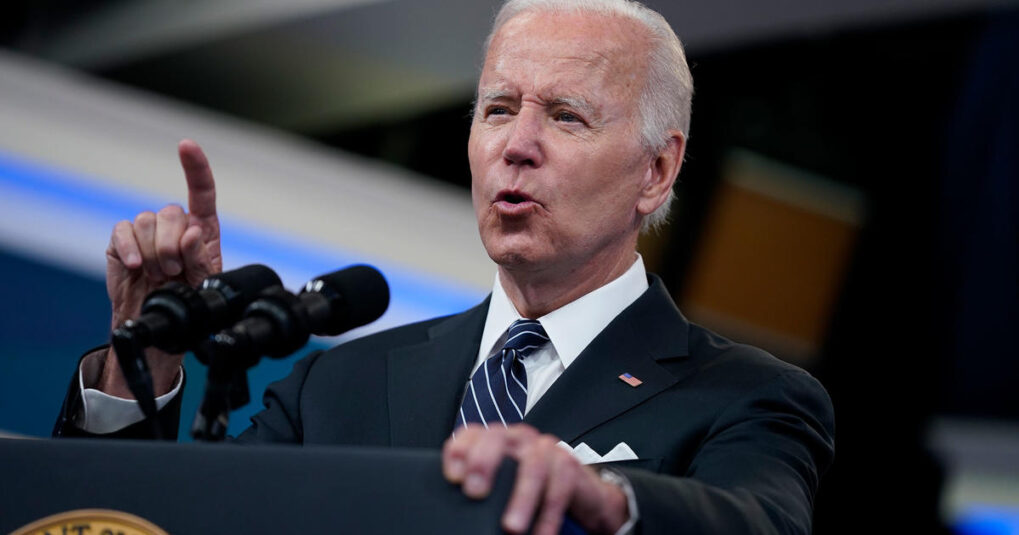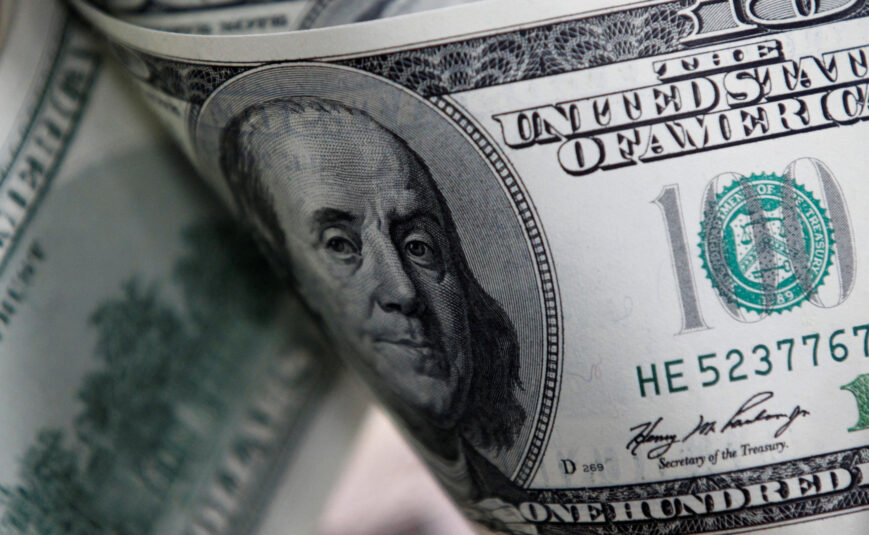
WORLDWIDE: HEADLINES
Biden says can ‘tweak’ inflation act to include European countries
U.S. President Joe Biden said that new laws that give incentives for domestic production of computer chips and renewable energy parts were never intended to exclude European allies and could be tweaked.
Speaking with France President Emmanuel Macron at a joint press conference at the White House, Biden said “There are tweaks that we can make that can fundamentally make it easier for European countries to participate and/or be on their own.”
Biden did not detail what tweaks could be made and legislative options may be slim. There is little appetite on Capitol Hill to reopen fiercely-debated bills, and since they passed this summer Republicans, who are unlikely to take steps to please the Democratic president, have gained control of the House.
Full coverage: REUTERS
Morning Bid: Dollar on the jobs line

A look at the day ahead in European and global markets from Tom Westbrook:
Having just closed out its worst month since 2010, the dollar’s bull run may be ending.
Federal Reserve Chair Jerome Powell green-lit selling this week, surprising traders by not pushing back against markets’ shifting financial conditions looser in the last few weeks.
Since the Fed hiked 75 basis points in November, 10-year Treasury yields have fallen more than 50 basis points and mortgage rates have followed — erasing a fair chunk of the tightening.
Tracking yields lower, the dollar is heading towards the weekend down heavily on the yen for the week and eyeing smaller losses on the euro and most other currencies.
The next test is Friday (2nd December 2022) morning’s U.S. jobs report, where a downside surprise could rip the dollar down further. Economists expect about 200,000 jobs were added last month.
Full coverage: REUTERS
WORLDWIDE: FINANCE/BUSINESS
Analysts upgrade China’s 2023 earnings projections on reopening hopes

Analysts have upgraded forecasts for Chinese corporate earnings in 2023, on expectations that its economy will benefit from stimulus measures and the easing of COVID-19 restrictions.
Analysts raised forward 12-month earnings of companies on the MSCI China index (.dMICN00000PUS) by 2% in November, data from IBES estimates showed. They had earlier cut the forward 12-month earnings by 15% between January and October this year on concerns over slowing growth.
Refinitiv data also showed that earnings of Chinese large and mid-cap companies, with market capitalization of at least USD 1 billion, are expected to rise 17.3% in 2023 on average, the second-highest after India.
“We expect significant easing in COVID-19 restrictions in the second quarter. We forecast earnings growth of 15%-20% for MSCI China, which would be underpinned by lower commodity prices, improved economic growth and lower asset write-downs,” said James Wong, strategist at UBS.
Full coverage: REUTERS
Japan eyes up to USD 318 billion for 5-year defence spending plan -sources

Japan is set to earmark 40 trillion to 43 trillion yen (USD 295 billion- USD 318 billion) for defence spending over five years starting in the next fiscal year, which begins in April, three sources with knowledge of the matter told Reuters on Friday (2nd December 2022).
That would be a jump from the current five-year defence plan for spending 27.5 trillion yen, stoking worry about worsening one of the industrial world’s worst debt burdens, which amounts to twice the size of Japan’s annual economic output.
The new numbers marked a compromise between the defence and finance ministries, the three sources said. Until recently, the defence ministry had sought 48 trillion yen, while the finance ministry had multiple options centring around 35 trillion yen.
Prime Minister Fumio Kishida told key ministers on Monday (28th November 2022) to work on a plan to lift defence spending to an amount equivalent to 2% of gross domestic product within five years, from 1% now, as Tokyo faces an increasingly assertive Beijing.
Full coverage: REUTERS
EU tentatively agrees $60 price cap on Russian seaborne oil

European Union governments tentatively agreed on Thursday (1st December 2022) on a USD 60 for a barrel price cap on Russian seaborne oil – an idea of the Group of Seven (G7) nations – with an adjustment mechanism to keep the cap at 5% below the market price, according to diplomats and a document seen by Reuters.
The agreement still needs approval from all EU governments in a written procedure by Friday (2nd December 2022). Poland, which had pushed for the cap to be as low as possible, had as of Thursday (1st December 2022) evening not confirmed if it would support the deal, an EU diplomat said.
EU countries have wrangled for days over the details of the price cap, which aims to slash Russia’s income from selling oil, while preventing a spike in global oil prices after an EU embargo on Russian crude takes effect on 5th December 2022.
It will allow countries to continue importing Russian crude oil using Western insurance and maritime services as long as they do not pay more per barrel than the agreed limit.
Full coverage: REUTERS



